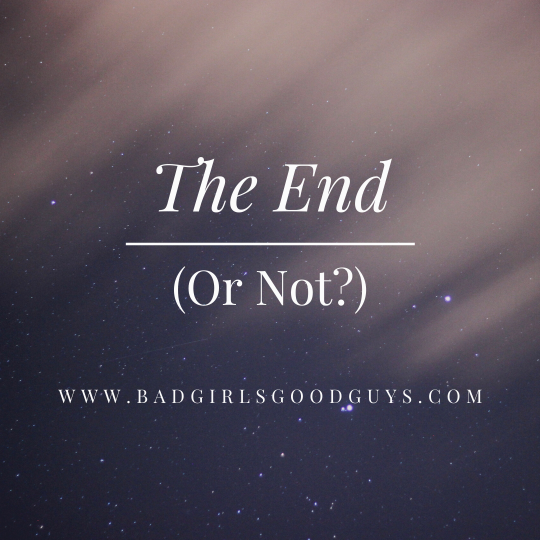The End (Or Not?)
It’s a really simple question this week for the writer roundtable.
Do you write “The End” when you finish your story?
If not, what, if anything, do you do?
I ask because I’m curious. I’ve known so many who swear by “The End” as if they can’t let the story go (symbolically) if those words aren’t actually typed. And I’ve known so many who are adamant that the words aren’t necessary and simply ending the story itself is enough.
Personally, I tend to use marks I learned in the magazine and newspaper business, where I was taught never to write “The End” after an article, but to indicate it with hash marks or “-30-” instead.
But enough about me, what do you do and why?
John Linwood Grant: Really simple answer: If there’s a ‘hanging’ final sentence which implies more, but that’s not part of this particular story, or if there’s any question of there being another ‘theoretical’ page, I mark it to show they have the full copy.
Tamara Lowery: I don’t unless I intend the story to be a stand-alone. Most of what I write are parts of a series, though.
Gordon Dymowski: Unless a publisher asks for it, I omit it.
Maya Preisler: I try to write an ending that brings a sense of finality, whether through repetitive language or circular storytelling, or both. I want my reader to reach the end and have a sense of completion and just enough closure to feel satisfying.
John French: Unless the editor who asked for the story requires it ends with The End, That’s all folks or something like that, I just end it without comment.
Read more:
https://seanhtaylor.blogspot.com/2021/11/the-end-or-not.html

